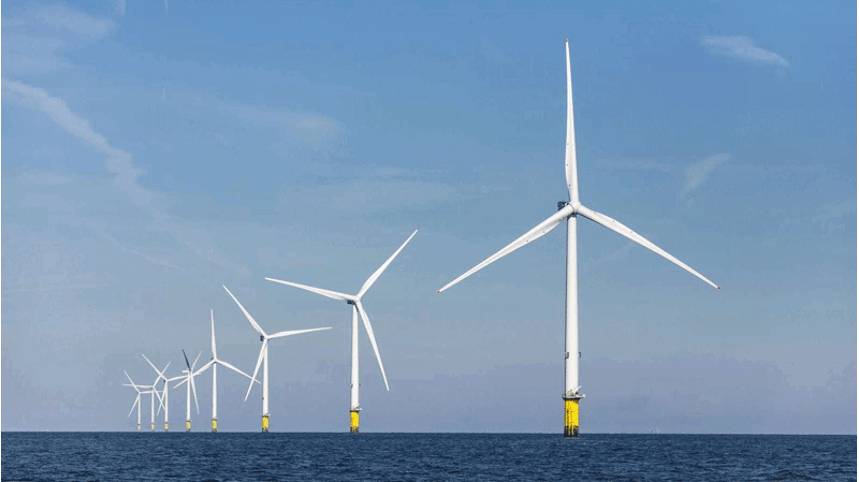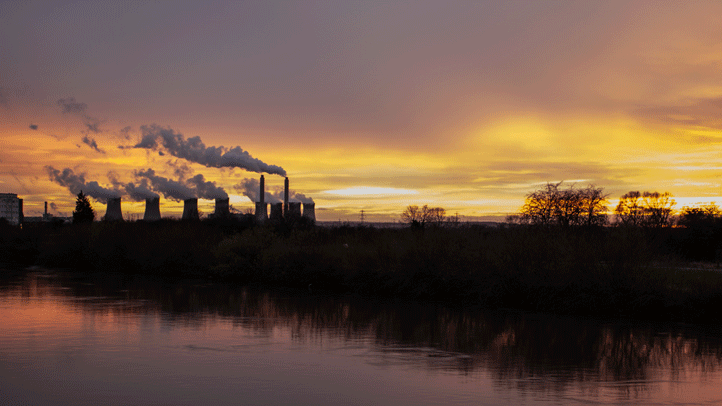Register for free and continue reading
Join our growing army of changemakers and get unlimited access to our premium content

Image: Orsted
The Department for Energy Security and Net-Zero (DESNZ) published its latest energy trends documents late last week, but they received little fanfare buried under more than 2,800 pages of policy announcements relating to energy security and green finance.
Confirmed in the new data are new records for wind generation in the UK, and low-carbon generation more broadly. More than half (56%) of the UK’s electricity mix was either renewable or nuclear in 2022, the data confirms. Most of the remainder is accounted for by gas, with coal taking a share of just 2.2%.
Wind accounted for the biggest proportion of the clean energy generation mix, covering a record 24.6% of all generation. Offshore wind accounted for 13.8% of all generation, up from 11.5% in 2021.
Trade body RenewableUK estimates that almost 3.2GW of offshore wind capacity was installed in 2022.
But RenewableUK is warning that wind deployment will not accelerate in line with the national target of hosting 50GW of offshore wind capacity by 2030 without additional policy interventions.
“These record-breaking statistics show that wind is playing the leading role in Britain’s modern clean energy mix, keeping homes and businesses powered up using our superb natural resources,” RenewableUK’s executive director of policy Ana Musat said.
“Wind is our cheapest source of power and every unit of electricity we generate from it means burning one less unit of fossil fuel. Wind is the key to cutting our dependence on expensive, volatile imported gas and reducing energy bills. But the international competition for investment in renewables is intense, so we’re urging the Government to make Britain the most attractive country for building new clean energy projects.”
The UK is under pressure to respond to multi-billion-dollar subsidy packages for renewables from the US and the EU – the Inflation Reduction Act and the Green Deal Industrial Plan respectively. Chancellor Jeremy Hunt has stated that such a response will not be coming until the Autumn Statement.
West Burton A

Image: EDF
In other news relating to the UK’s energy transition, EDF has confirmed that its West Burton A power plant in Nottinghamshire (pictured) is now permanently closed.
The coal-fired facility had been operating since 1966 and was due to close in March 2023 under an agreement reached with the Government last year. It has been asked to assess the potential of extending its lifespan to ensure energy security amid the current price crisis, but determined that this was not possible as “many of the workforce had stayed on well beyond planned retirement dates” and would not accept further deferral.
Full decommissioning will now take place at the site and completion of the process is expected by the end of the year. Once West Burton A is decommissioned, the site should become home to the UK’s first prototype power station for nuclear fusion, where first operations should commence in the early 2040s.
All coal-fired power stations in the UK must come offline by October 2024. The last to close is likely to be Uniper’s Ratcliffe-on-Soar plant, which is working towards closure in September 2024.


Please login or Register to leave a comment.